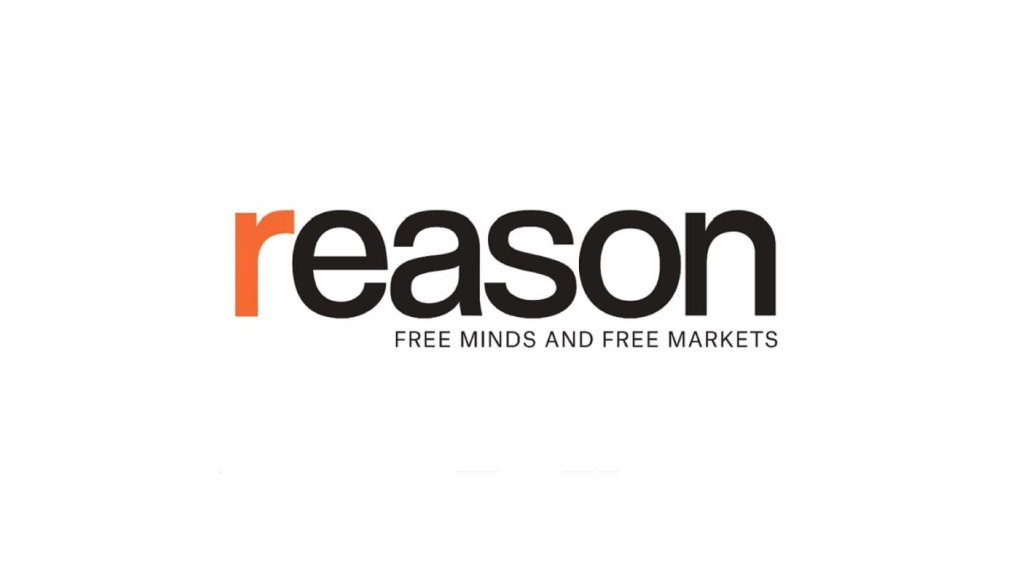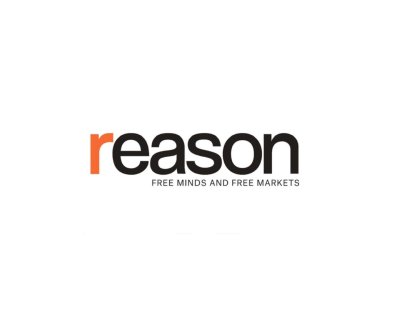Can The Judicial Conference Refer Supreme Court Justices To The Attorney General?
Federal law requires certain officials to submit financial disclosures. And under 28 U.S.C. §13106(a) the Attorney General can bring a civil action if a covered official “knowingly and willfully fails” to file such a report.
Section (b) permits agencies, including the Judicial Conference, to make referrals to the Attorney general:
(b) Referral to Attorney General.-The head of each agency, each Secretary concerned, the Director of the Office of Government Ethics, each congressional ethics committee, or the Judicial Conference, as the case may be, shall refer to the Attorney General the name of any individual which such official or committee has reasonable cause to believe has willfully failed to file a report or has willfully falsified or willfully failed to file information required to be reported. Whenever the Judicial Conference refers a name to the Attorney General under this subsection, the Judicial Conference also shall notify the judicial council of the circuit in which the named individual serves of the referral.
Does this statute permit the Judicial Conference to refer a Supreme Court to the Attorney General?
In a pair of letters, the Judicial Conference hints the answer is probably no, but announces it is studying the issue:
First, the Judicial Conference has never taken a position on whether its referral authority under 5 U.S.C. § 13106(b)—to refer judges to the Attorney General for investigation into whether they have “willfully” violated their reporting obligations—applies to Justices of the Supreme Court of the U
Article from Reason.com

The Reason Magazine website is a go-to destination for libertarians seeking cogent analysis, investigative reporting, and thought-provoking commentary. Championing the principles of individual freedom, limited government, and free markets, the site offers a diverse range of articles, videos, and podcasts that challenge conventional wisdom and advocate for libertarian solutions. Whether you’re interested in politics, culture, or technology, Reason provides a unique lens that prioritizes liberty and rational discourse. It’s an essential resource for those who value critical thinking and nuanced debate in the pursuit of a freer society.




